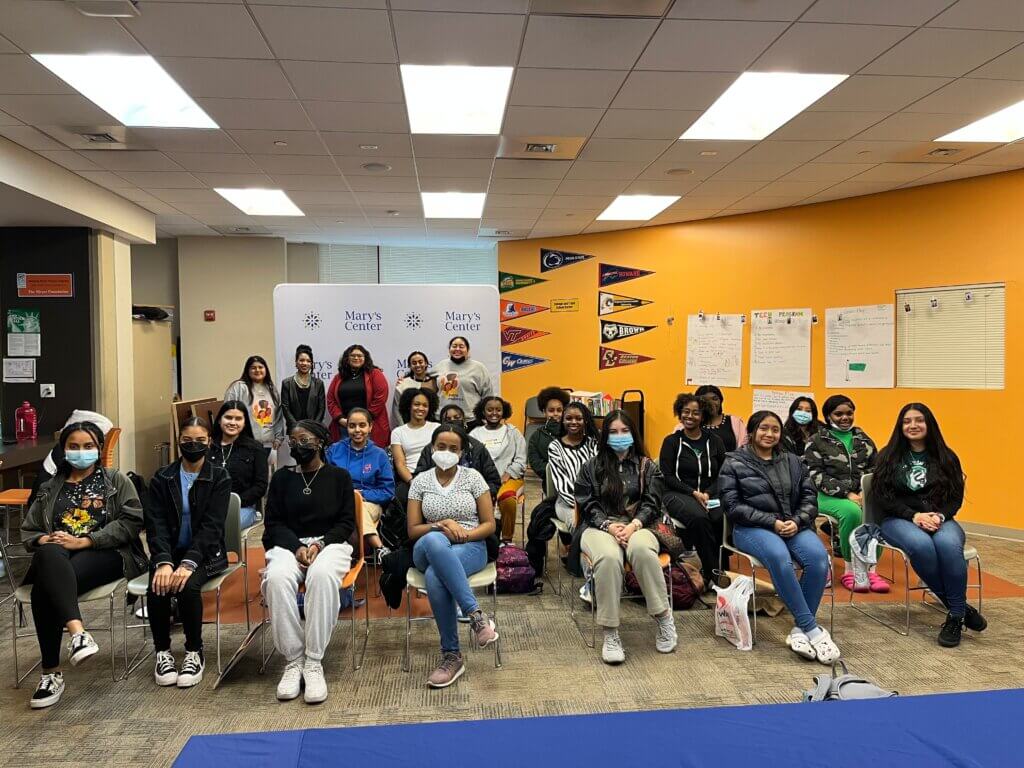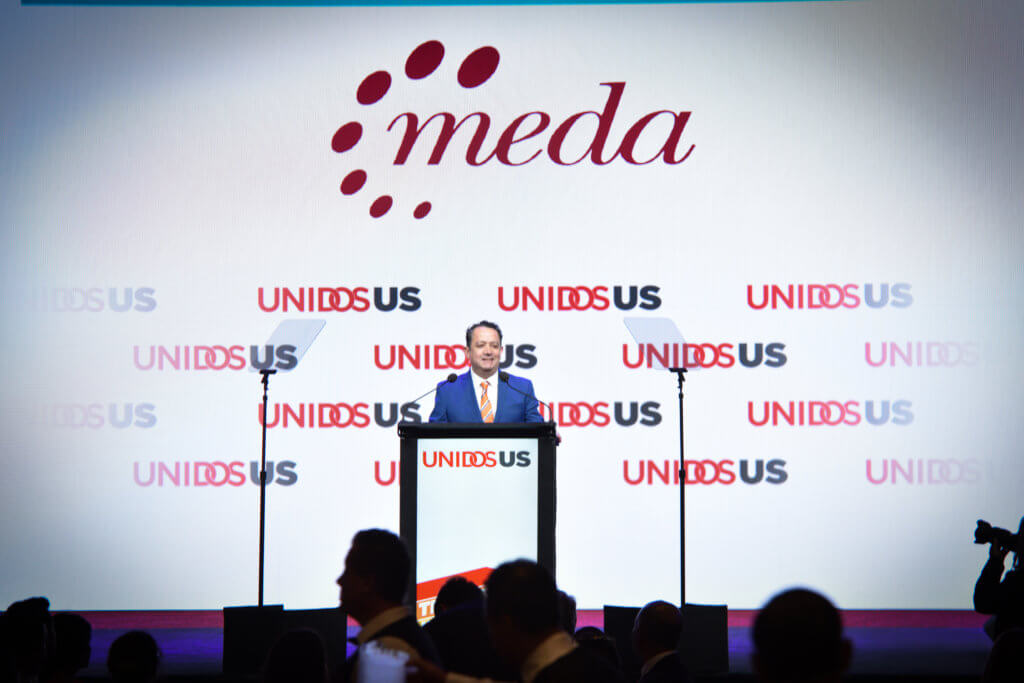Affiliate Spotlight: Mission Asset Fund Is Helping Low-Income Latinos Reach Financial Prosperity
Financial freedom is one of the cornerstones of the American Dream. That’s why every day, NCLR works hard to advocate for policies that help Latinos gain access to financial products that will put them in control of their finances.
We also work closely with our Affiliate Network, which works in communities around the country to implement programs that also help Latinos gain financial freedom. One such Affiliate is NCLR’s 2015 Family Strengthening Award recipient, Mission Asset Fund (MAF). As we wrap up Financial Capability Month, we’re proud to feature a Q&A with MAF’s Tara Robinson as our April Affiliate Spotlight.
NCLR: What is Mission Asset 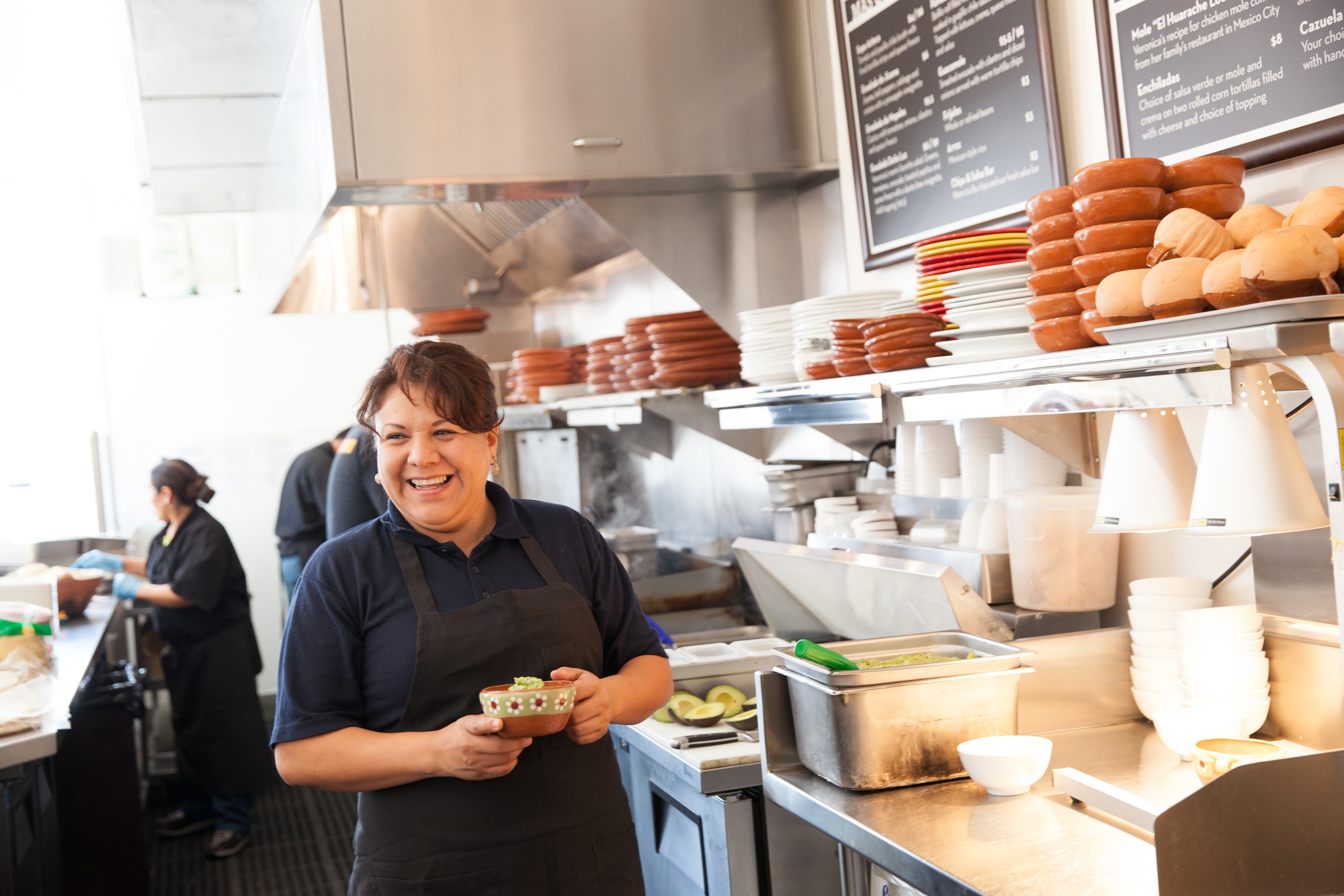 Fund’s stated organizational mission?
Fund’s stated organizational mission?
MAF: Based in San Francisco, MAF was originally founded in 2007 with the support of the Levi Strauss Foundation and other community leaders. We are on a mission to create a fair financial marketplace for hardworking families. We do this by helping everyday people—line cooks and housecleaners—save money, build assets, and access affordable credit. We create financial products and services in San Francisco, then we provide them to communities across the nation through nonprofit partnerships. Together, we are helping thousands of low-income families across the country come out of the financial shadows and build brighter financial lives.
Keep up with the latest from UnidosUS
Sign up for the weekly UnidosUS Action Network newsletter delivered every Thursday.
NCLR: What programs does 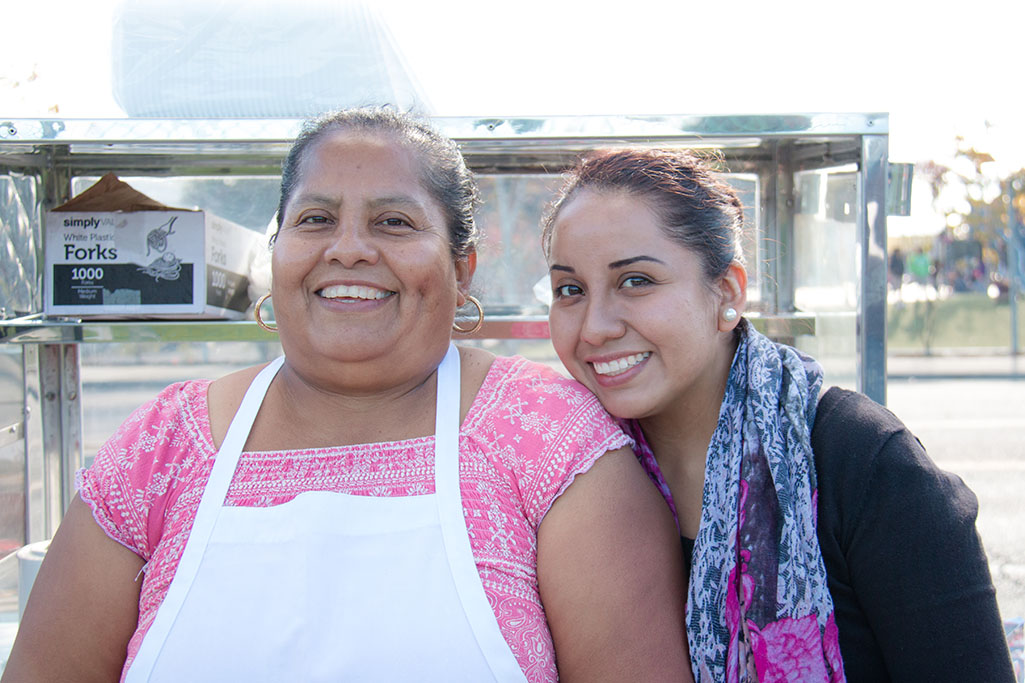 MAF offer to reach the goals outlined in its mission?
MAF offer to reach the goals outlined in its mission?
MAF: In 2008, MAF developed the Lending Circles program, a credit-building financial program that organizes low-income people into social loans so they can support each other by lending and borrowing money at 0% interest. The program enables participants to establish bank accounts and credit scores for the first time, while helping others rebuild damaged scores. Lending Circles offer a fresh take on social lending, enabling participants to build credit while increasing assets and improving financial capability. To date, MAF and our partners have serviced over 5,455 zero-interest social loans worth more than $5 million, and saved low-income consumers over $1 million in interest and fees.
NCLR: What is financial 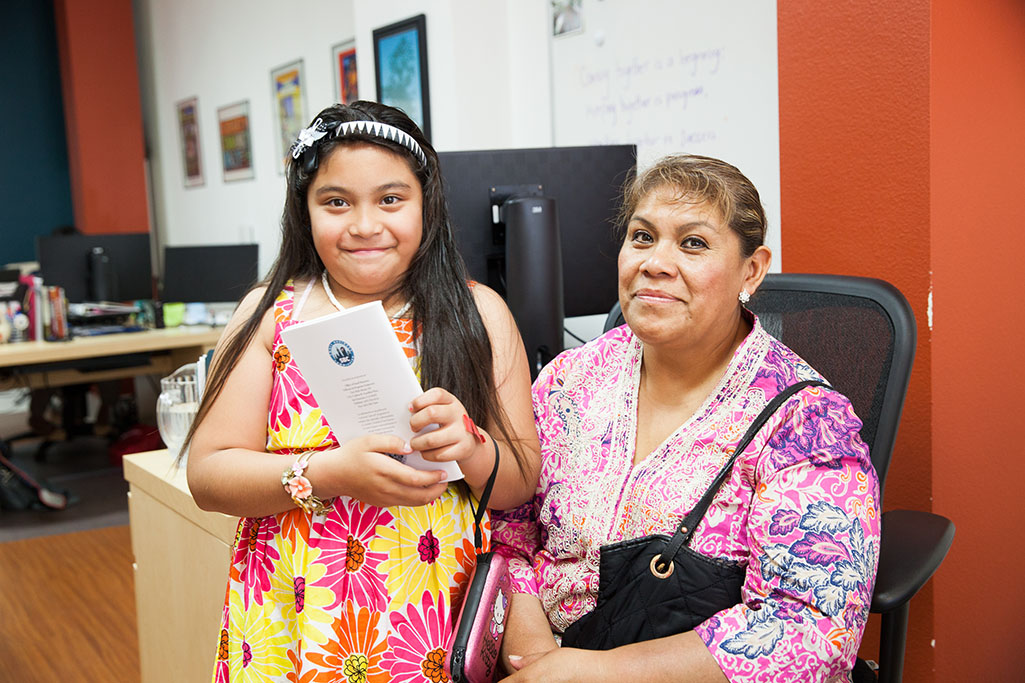 exclusion and how is MAF addressing it?
exclusion and how is MAF addressing it?
MAF: Financial exclusion—the lack of access to basic banking services and credit—is a pervasive issue for low-income families across the country. The FDIC reports that 17 million adults are unbanked—they do not have basic checking or savings accounts. Similarly, the Consumer Financial Protection Bureau (CFPB) reports that 45 million adults are invisible to the credit markets: 26 million do not have credit histories of any sort and 19 million have unscored records. CFPB also noted a strong relationship between income and credit, finding that 30% of consumers in low-income neighborhoods are credit invisible and 16% more have unscored records. That’s why building credit is such an important issue for low-income families. Without it, you are the frequent target for predatory lenders or unfairly high interest rates. But in addition to that, you can’t plan ahead—there’s no good way to invest in homes, education, or building a small business.
NCLR: What does it mean for 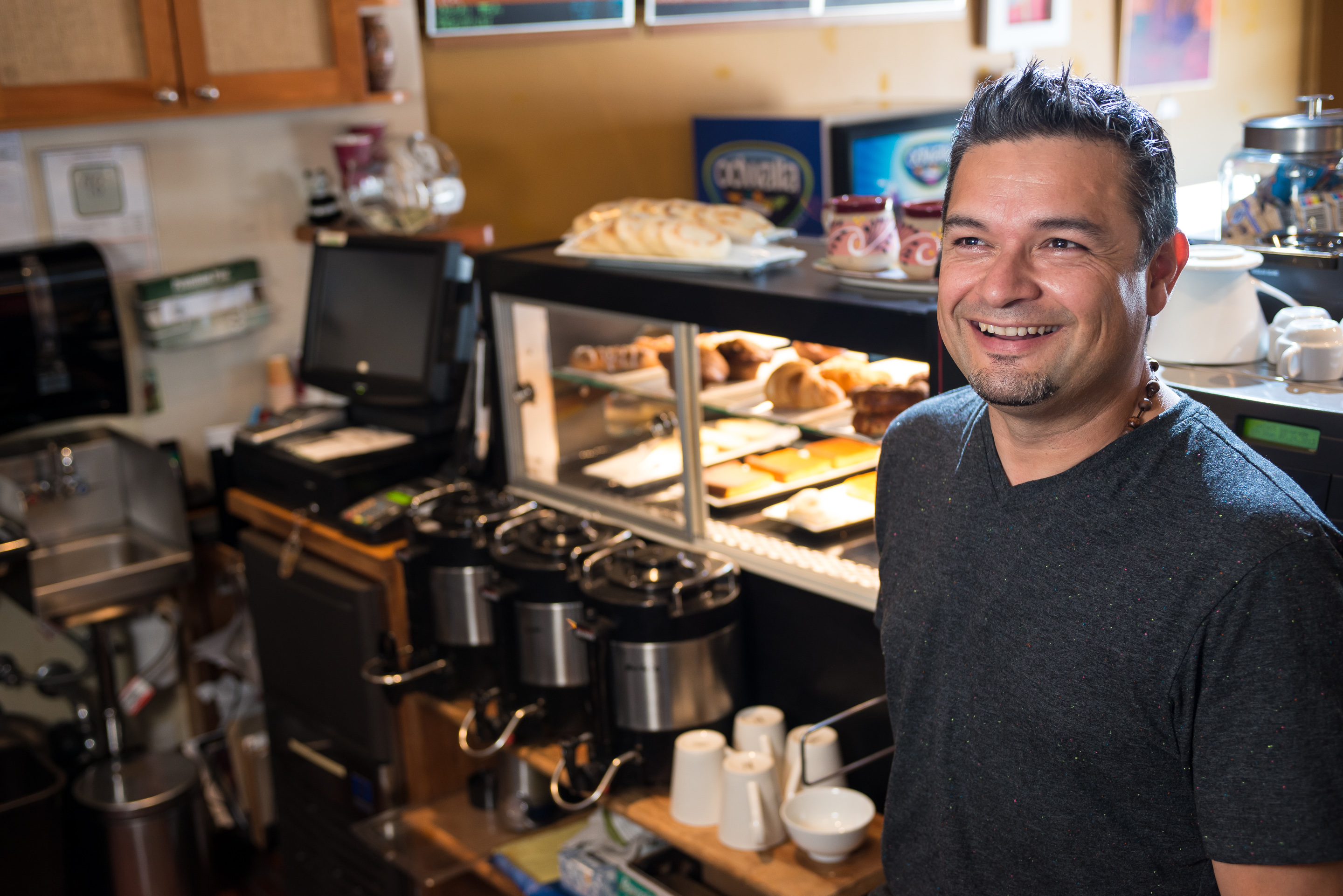 MAF to be part of the Affiliate Network?
MAF to be part of the Affiliate Network?
MAF: In addition to our mission being aligned with NCLR, the Affiliate Network is a wonderful resource for connecting organizations who are looking to support and collaborate with each other. It helps us connect with other organizations who are invested in the intersection between immigration and economic security. Through the network, we’ve been able to expand our programs and garner support for policy changes that help the entire field. We’ve also been kept abreast of issues and initiatives other network members are tackling and have been able to lend our support for their efforts.
NCLR: How has being part of the Affiliate Network served MAF in the past?
MAF: MAF is now operating Lending Circles in 18 states through 53 nonprofit partnerships. The Affiliate Network has helped us to reach out to new partners in Los Angeles and other cities who are looking for a solution to help low-income families build credit and assets. It’s also meant that we’re involved in the NCLR Annual Conference and important discussions like economic inclusion roundtables where we could share best practices and network with decision-makers.
NCLR This month is Financial 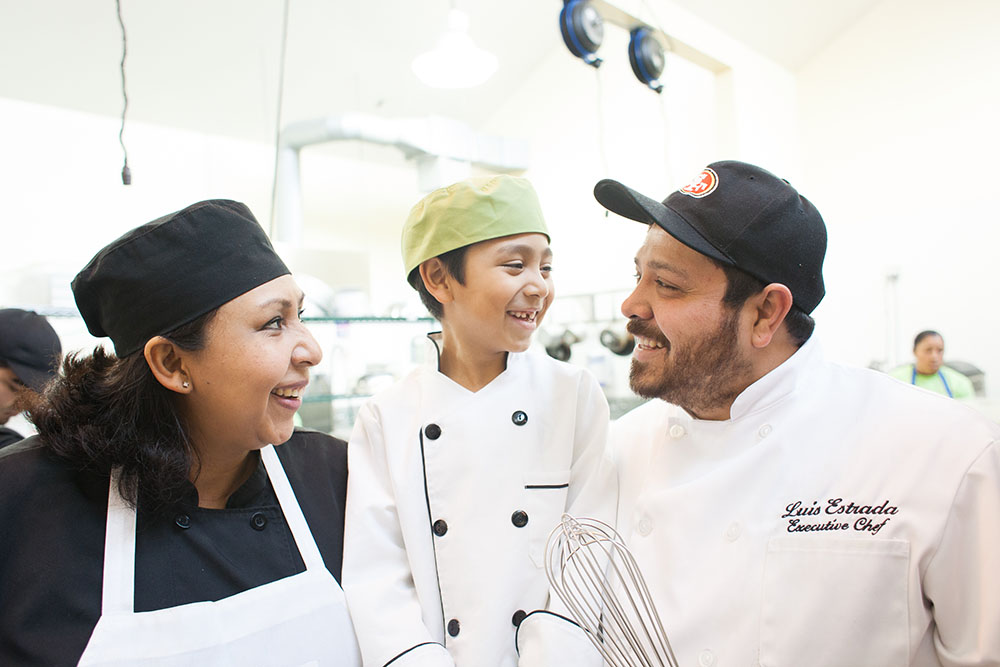 Capability Month. What is financial capability? How does it help advance Latino families?
Capability Month. What is financial capability? How does it help advance Latino families?
MAF: At MAF, it’s more than just financial literacy—it’s having a financial passport. Financial education is important, but so is access. Every participant we serve receives financial education (it statistically increases credit scores by an additional 27 points) before joining a loan program. But because we know that being financially literate is not the same as having financial access, we take a strength-based approach to build on the assets and financial savvy people already have. That’s really where the inspiration from Lending Circles comes from.
NCLR: We recently highlighted MAF in a blog post about alternative credit. Can you talk about what this means and how you manage lending circles?
MAF: The key to MAF’s programs is actually that we’re not providing alternative credit. We’re providing access to zero-interest loans that are recognized by all three major credit bureaus. We’re helping low-income people come together, borrow and lend money to each other so that they can transition into the mainstream. We’re helping people save money on fees in interest in the long term by taking an informal practice (known by some as tandas) and translating it through promissory notes and credit-reporting.
NCLR: MAF was the recipient of the 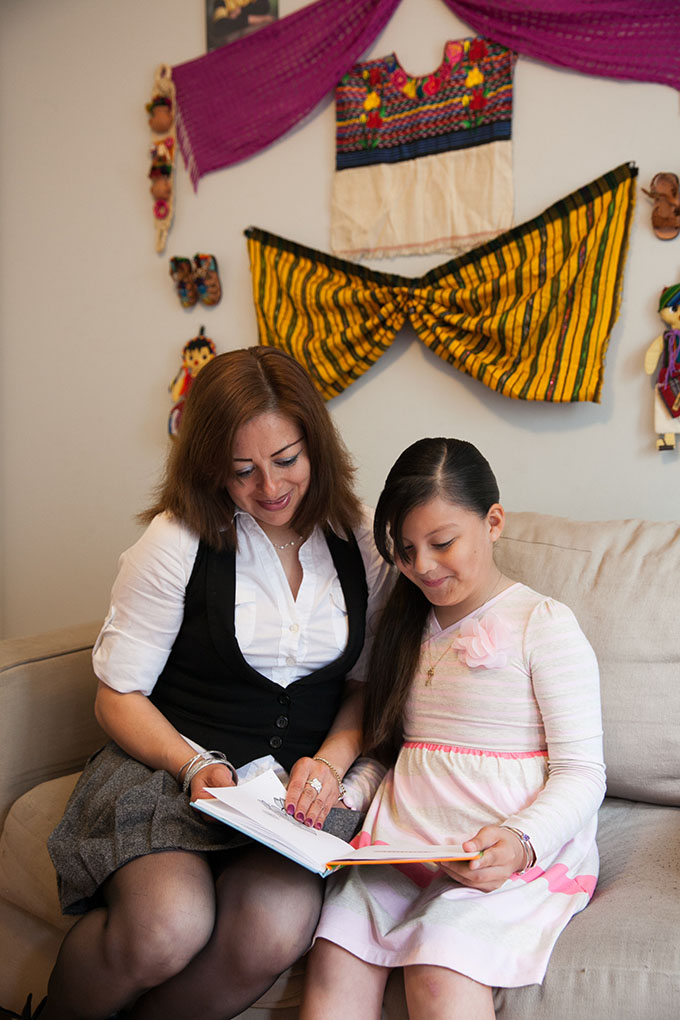 NCLR Family Strengthening Award last year. Can you tell me how this award is reflective of MAF’s work? What should other Affiliates be doing to ensure they are strengthening families in their own communities?
NCLR Family Strengthening Award last year. Can you tell me how this award is reflective of MAF’s work? What should other Affiliates be doing to ensure they are strengthening families in their own communities?
MAF: Even the title of the award is significant because from the very start, one of our organization’s core values was to “recognize the value that people bring to the table.” Our CEO José A. Quiñonez does a great job of summing this up in the recent report, What it’s Worth: Latinos in the Financial Shadows. He writes: “It will also take a fundamental paradigm shift in social policy away from a model that engages clients as if they are broken to one that recognizes and uplifts their strengths. We cannot build an inclusive financial system based on distorted views of low-income consumers. Deficit-based programs, products, or policies not only rob people of agency, they also distort our view of what is possible. These distortions constrain our imagination, hampering our ability to build meaningful solutions to people’s financial lives. Techies in San Francisco should not be the only ones to reach their economic potential. The American Dream cannot be reserved for the few. Everyone in America deserves the same right, the same opportunities to see their true selves realized.”
NCLR: Where do you see 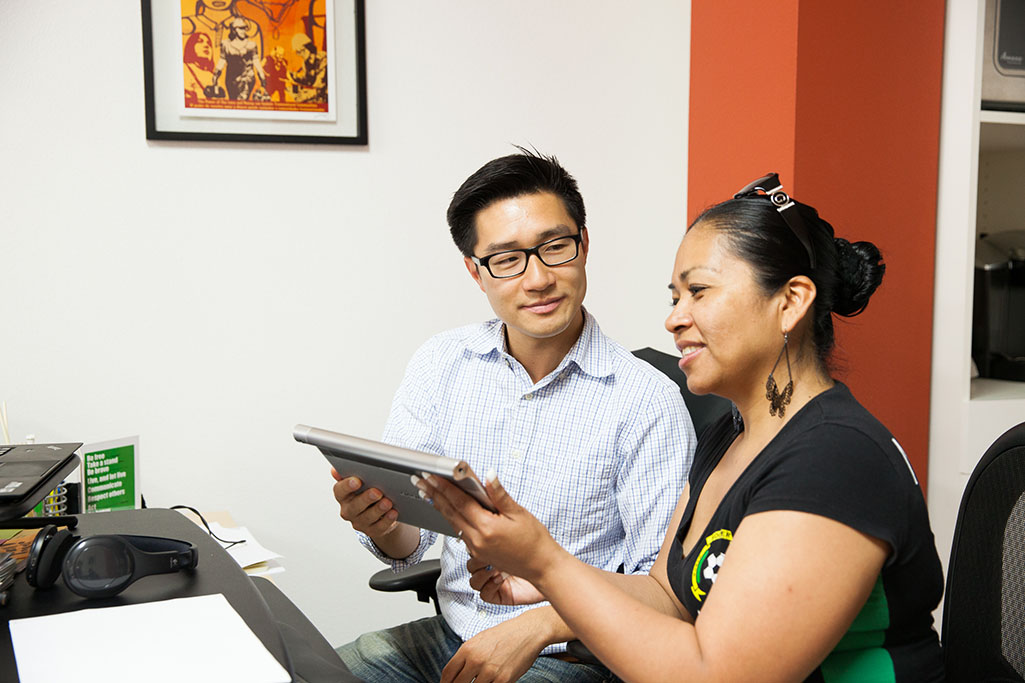 MAF in the next five years?
MAF in the next five years?
MAF: Expand, innovate, and incite change for good. Our nationwide network of nonprofits will continue to increase and grow across the nation, providing financial access to thousands more consumers in the year to come. But we won’t stop with expanding Lending Circles. We will also continue to innovate new financial products that meet people’s pain points. And we will continue to be part of policy discussions at the state and federal level—sharing what we’ve learned and taking lessons from the ground and applying them for good.
